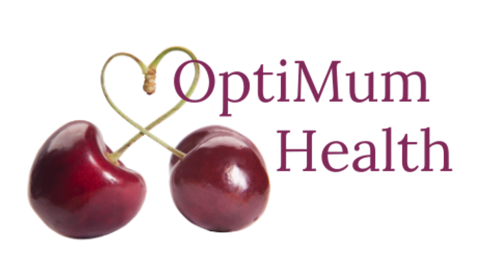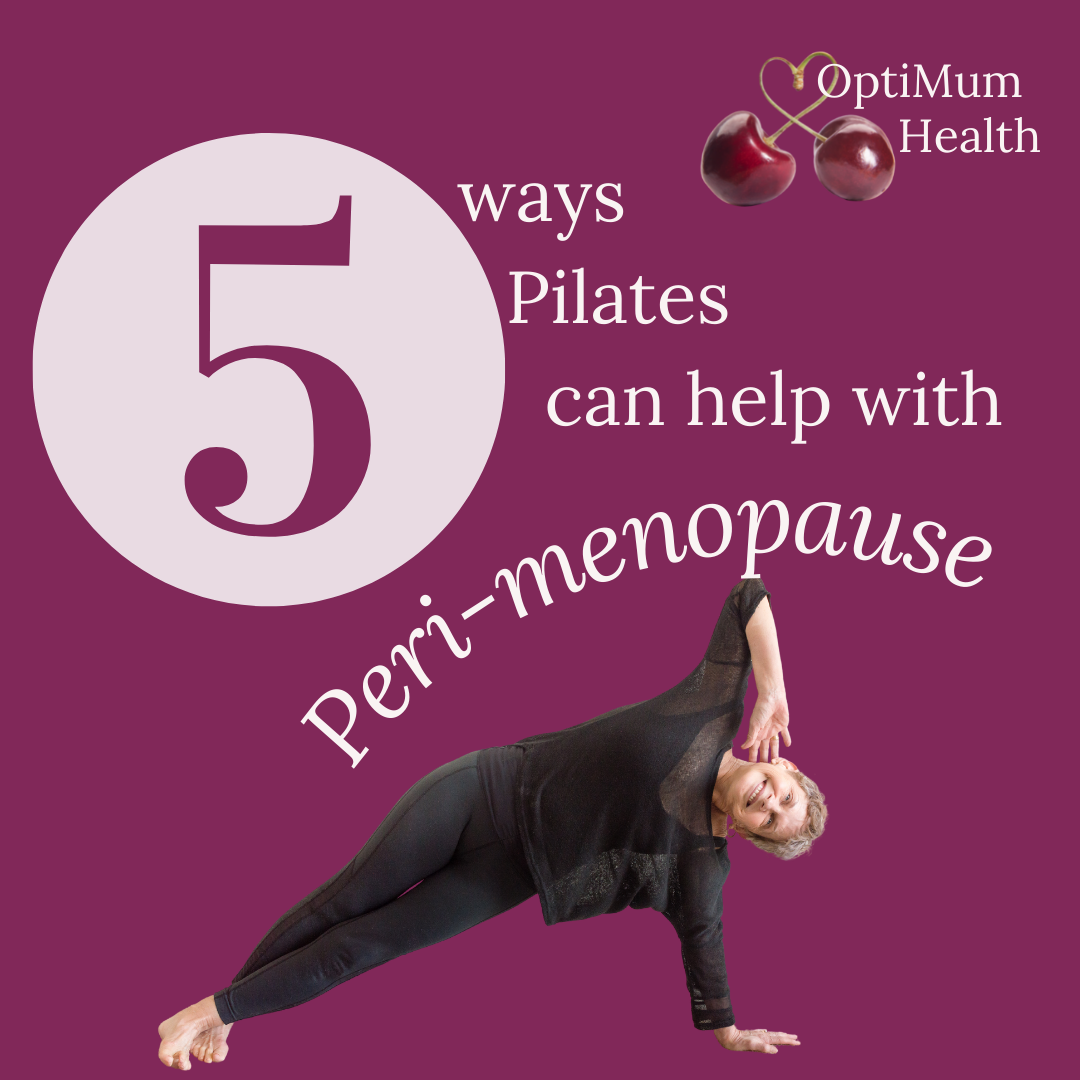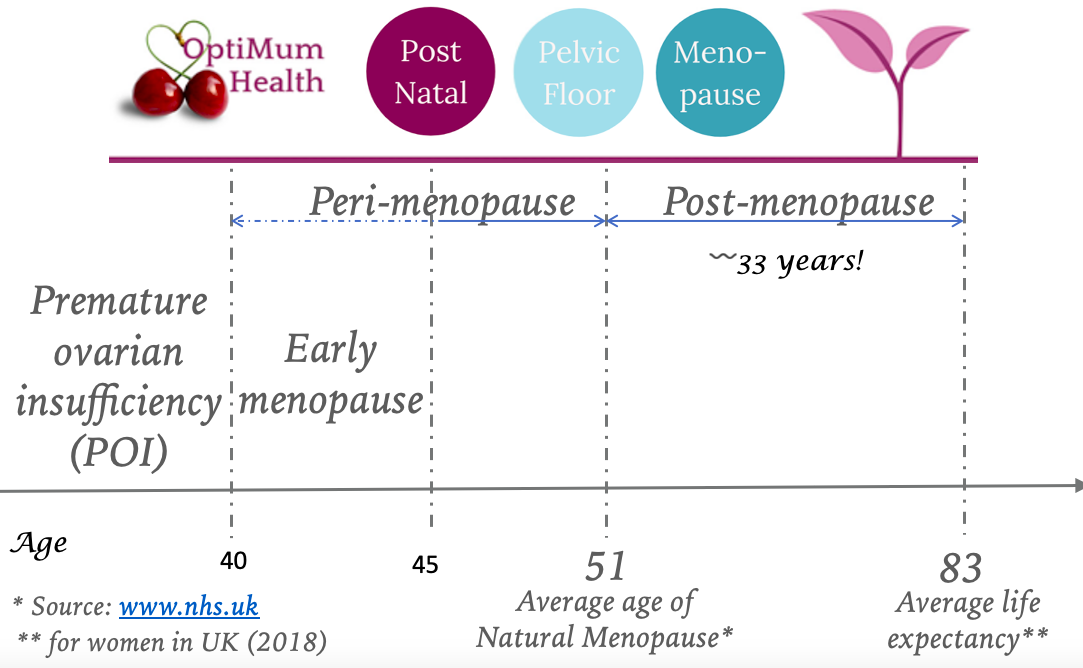Your Post-Workshop Resource Pack
It’s never too early, or too late, to learn more about your cycle and the transition to, & through menopause.
Perimenopause is a time when a woman can feel quite alone, isolated even. It’s important to understand EVERY SINGLE WOMAN will experience menopause at some point whether that’s:
- naturally
- through medical treatment
- as a result of surgery*
It’s time to open the conversation so that all girls and women are aware of this life phase, when it can happen and the impact it may have on our lives, and the lives of those around us.
Some women may glide through this transition with no issues at all. Others may experience 1 or 2 effects to varying degrees. Some are hit pretty hard and finding support can feel difficult.
* where the ovaries are removed as part of a hysterectomy, a woman will wake up in instant menopause. It’s vital, and indeed within NICE guidelines, that support for menopause is discussed and planned BEFORE surgery takes place. (Don’t be fobbed with the “pop to your GP in a couple of weeks if you’re having any issues” – have options in place before your hysterectomy.)
But how do you know if you’re feeling the effects of menopause?
For a simple tool to assess whether you are experiencing peri-menopause CLICK HERE
It’s important to have conversations about what you’re feeling, what you may be concerned about AND the support you would like from those around you too.
Communication with your other half, family, friends and work colleagues can feel intimidating initially, but hugely positive in the long run.
Not sure how to start that conversation? Check out the guide below
When does it happen?
The average age for menopause here in the UK is 51. Here the menopause is defined as
“complete cessation of periods for 12 consecutive months, that can’t be explained by any other physiological reason”
The transition period leading up to this point is known as perimenopause.
Once past this point, you are post-menopausal.
So technically menopause only lasts for one day.
If that cessation of periods stops before the age of 45*, it’s referred to as Early Menopause.
Before the age of 40, menopause is referred to as Premature Ovarian Insufficiency (POI) and is thought to affect 1 in 100 women (affecting 1 in 1,000 women before the age of 30).
*blood tests can be carried out if you’re experiencing issues before the age of 45 to establish if menopause could be the issue. Some practitioners say periods must be stopped for 24 consecutive months to class as menopause before the age of 45.
- Please see The Daisy Network – for information & support for premature ovarian insufficiency
Menstrual Cycle power
Understanding your menstrual cycle whether
– it’s regular or irregular
– you have no periods due to contraception
– you don’t feel you have PMS or perimenopause
Can
(a) give really useful insights into how your body & brain respond at different times; and
(b) provide a vital resource if you ever need to engage medical or alternative support
CLICK HERE for a FREE Cycle Tracking pack
and click the highlighted text below for further free info:
– Are your period problems due to peri-menopause?
Weight variation across each menstrual cycle: click here
Managing energy & motivation: How to use your gears
Alternative view on why you have no energy and how to use your time wisely
Is menopause making you gain weight? : Menopause Weight Gain
Pelvic Floor Health, Strength & Resilience
Click any highlighted text below to access further information
- How to cough, laugh and sneeze without pi$$ing yourself
- Why I’m so passionate about the Core and Floor
- 7 Signs your Pelvic Floor has a problem
- Do you need to brace your core?
- Meet your pelvic floor
- What to expect when Seeing a Female Health Physio
- What have Mo Farah and Usain Bolt got to do with your pelvic floor?
- Top tip for a flatter tummy that no other Coach will give you
- Effect of constipation on your pelvic floor
- The effect of menopause on your pelvic floor
Relaxation positions for your pelvic floor
Prolapse
For regular updates on all things female health and pelvic floor please follow me on Facebook and Instagram (@myoptimumhealth)
Support for vaginal dryness & atrophy
Free samples of vaginal lubricants and moisturisers can be obtained from YesYesYes.
These can also be prescribed on the NHS.
Topical estrogen may also be required. Technically speaking this is not HRT & can make a massive difference to comfort through the genital area
Click here for information from Jane Lewis, author of Me and My Menopausal Vagina, for more specific information and resources.
Pilates for Perimenopause and beyond
Pilates can be a great movement tool to support your brain, body and balance through peri and post menopause.
It’s not a magic fix and is not everyone’s cup of tea ☕️ – it’s important to find something that works for you and that you get some enjoyment out of (or that helps you enjoy doing the things you love).
To check out my Online Pilates portal for FREE please click here.
This includes:
- introduction to Pilates
- Movement Bites (series of short videos under 10 minutes to get you moving more each day)
- Pilates library (including technique videos plus both short (10 minutes) and long (up to 1 hour) flows
- Massage library (variety of videos supporting you to stretch and release your body to help stay supple and feeling fab to enjoy more movement)
Normal price for all of the above is just £7 per month but access the library for FREE for 7 days. Continuing beyond that time will release regular videos to keep you interested and your practice evolving.
Books to add to your personal library
Other books you may find of interest:
– Period Power by Maisie Hill
– Perimenopause Power by Maisie Hill
– Menopocalypse by Amanda Thebe
– Menopause concise manual by Dr Louise Newson
– Track the Perimenopause by Medjournal Lifeseries
Other useful information sources
This site includes lots of useful information about HRT and alternatives
- The Menopause Charity– including information for women AND free training for 1 GP in every practice
- Menopause Support website
- Positive Pause website
- The Menopause Psychologist website
- The District Herbalist website
- click here to see an interview on how herbs can support your perimenopause journey
And for performance & health through womanhood also see:
Have a Question?
Email me at [email protected]
Want to dive deeper and find a solution(s) to your specific query? Why not book an SOS session!
An SOS session includes:
- pre-session questionnaire for us to understand where you are struggling and what you’d like to achieve
- private Zoom session where we dive into the detail, push past the barriers and work out options that you are 100% committed to and confident you can take
- follow up support offering a summary, support and further resources
These sessions are usually available for £90. As a workshop attendee, you can access the discounted rate of just £60, including all of the above, by clicking here.


